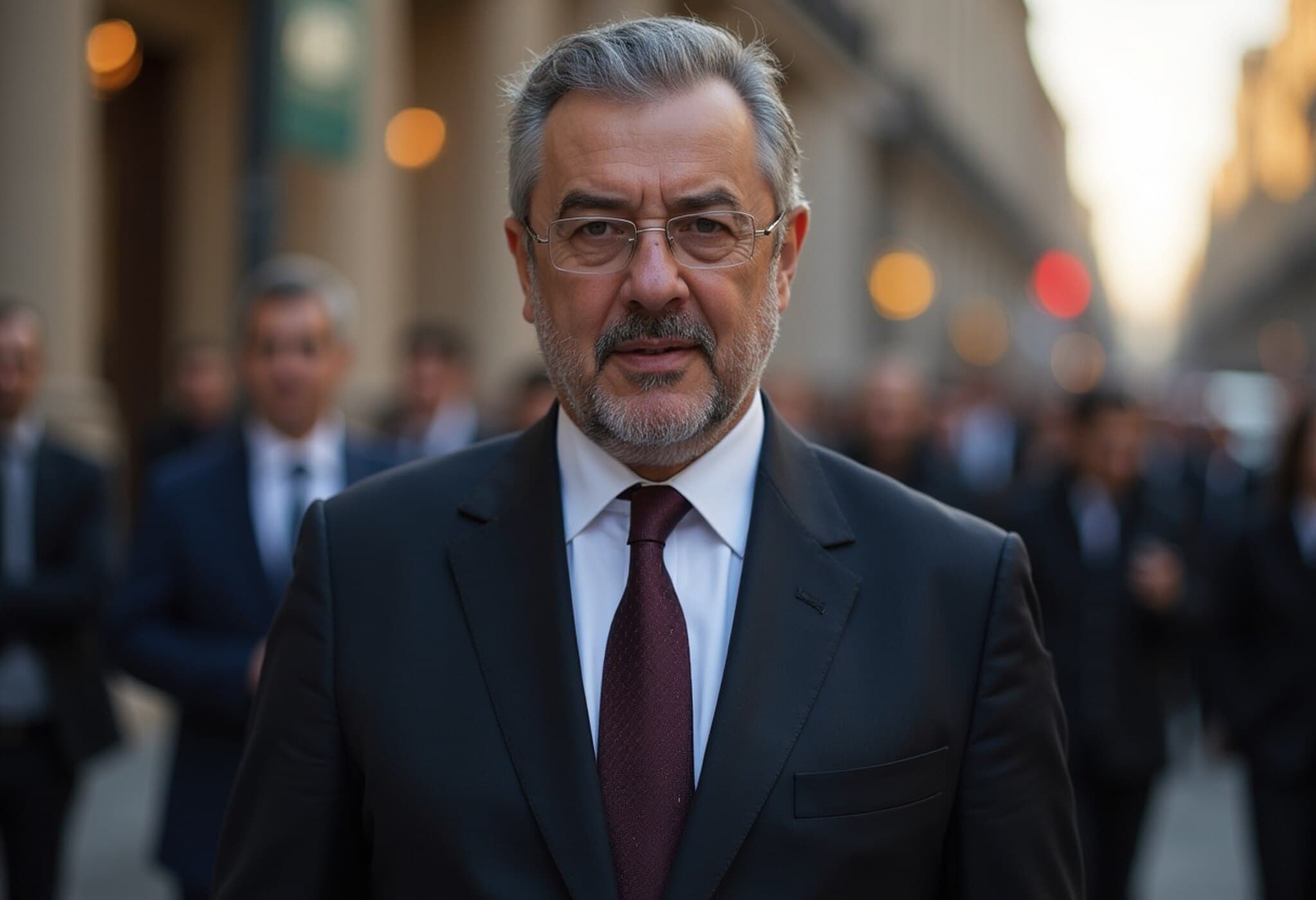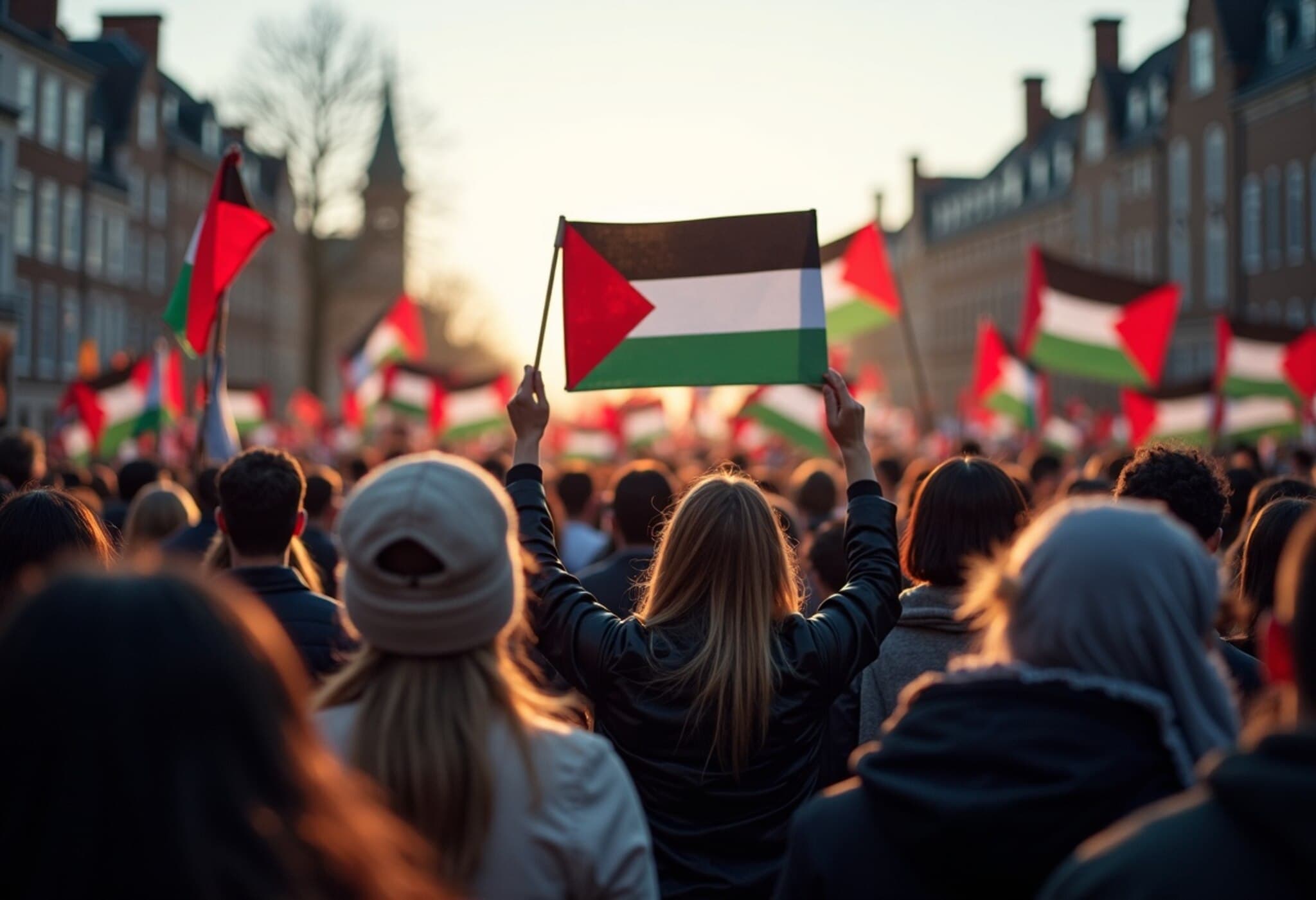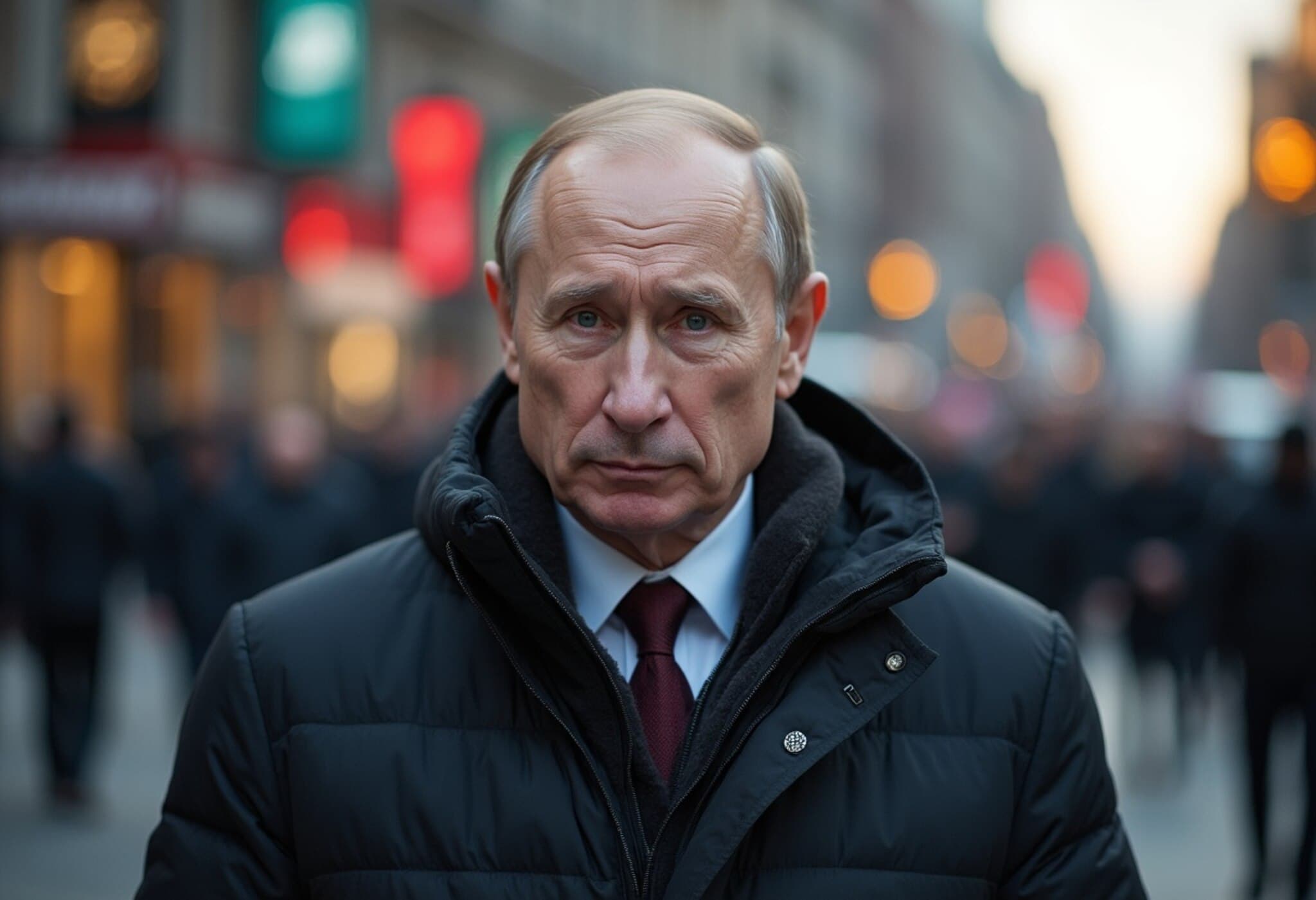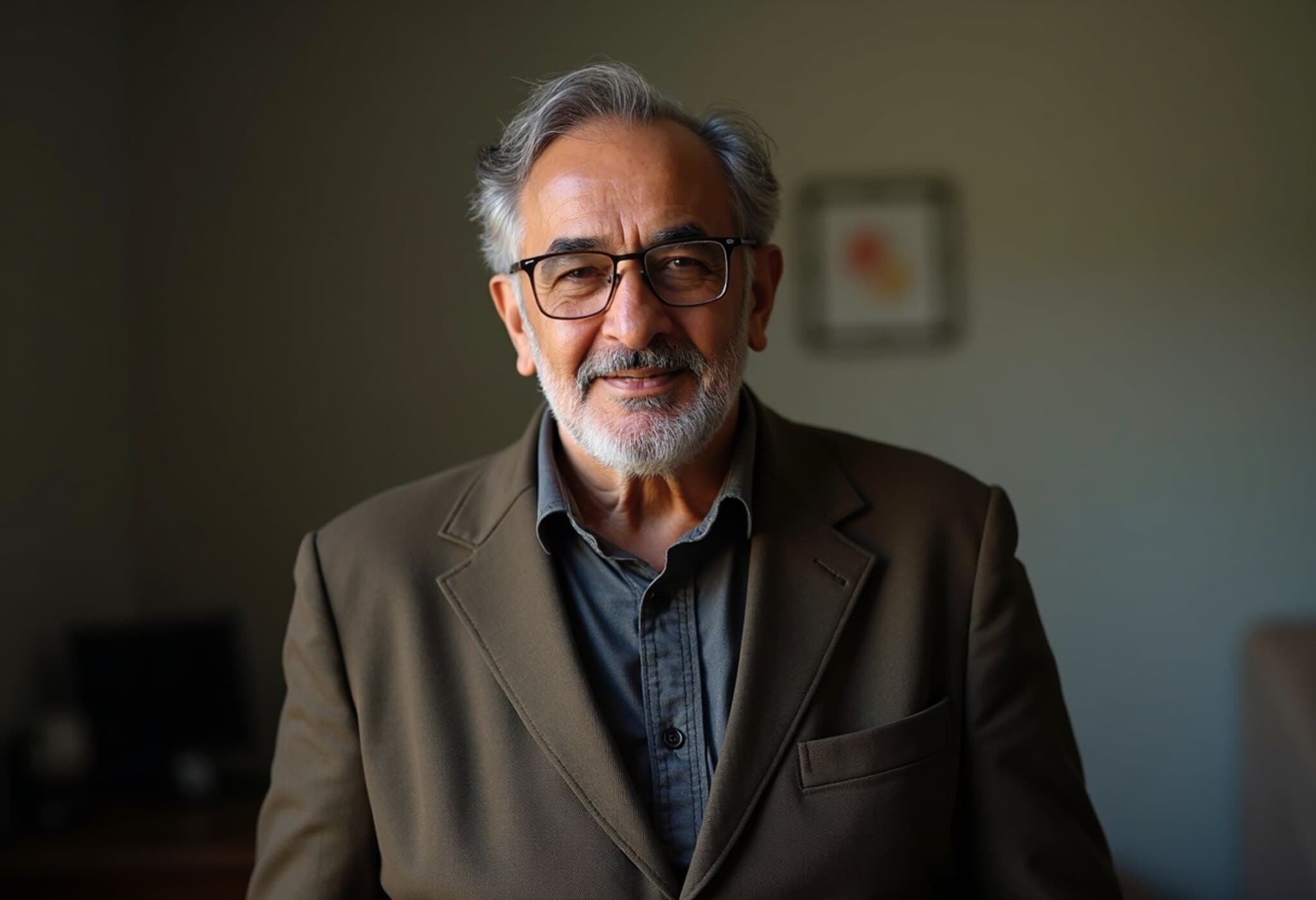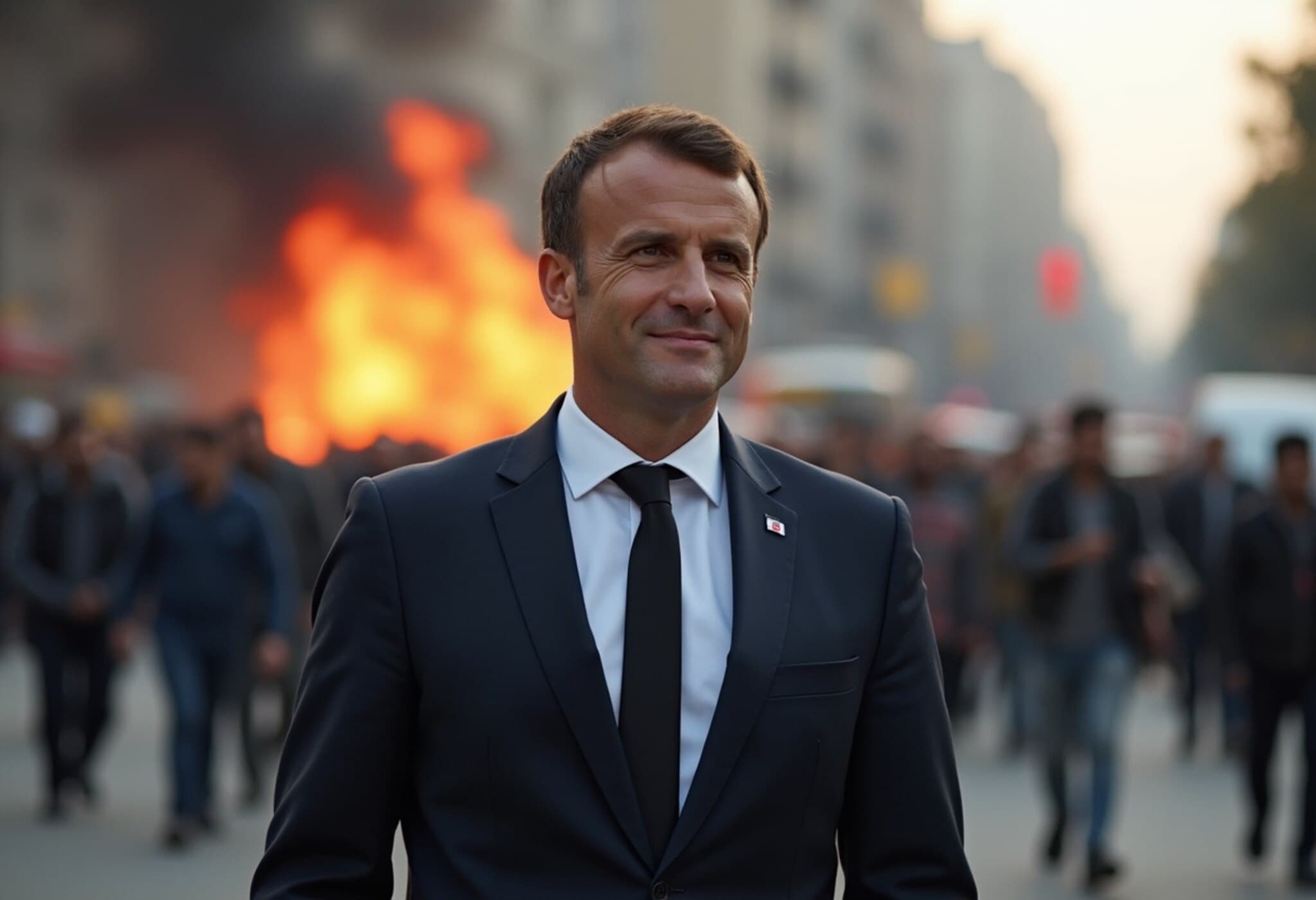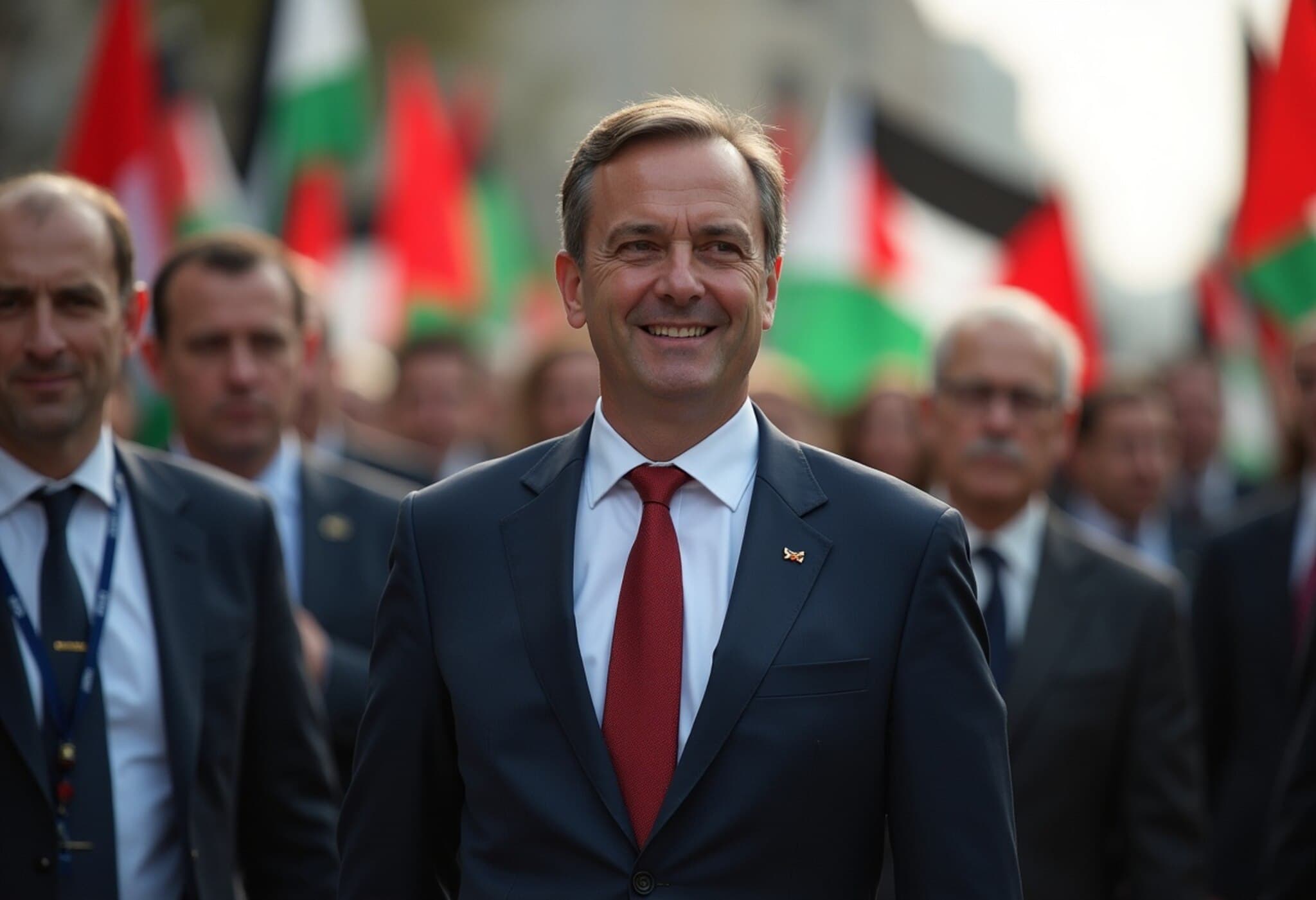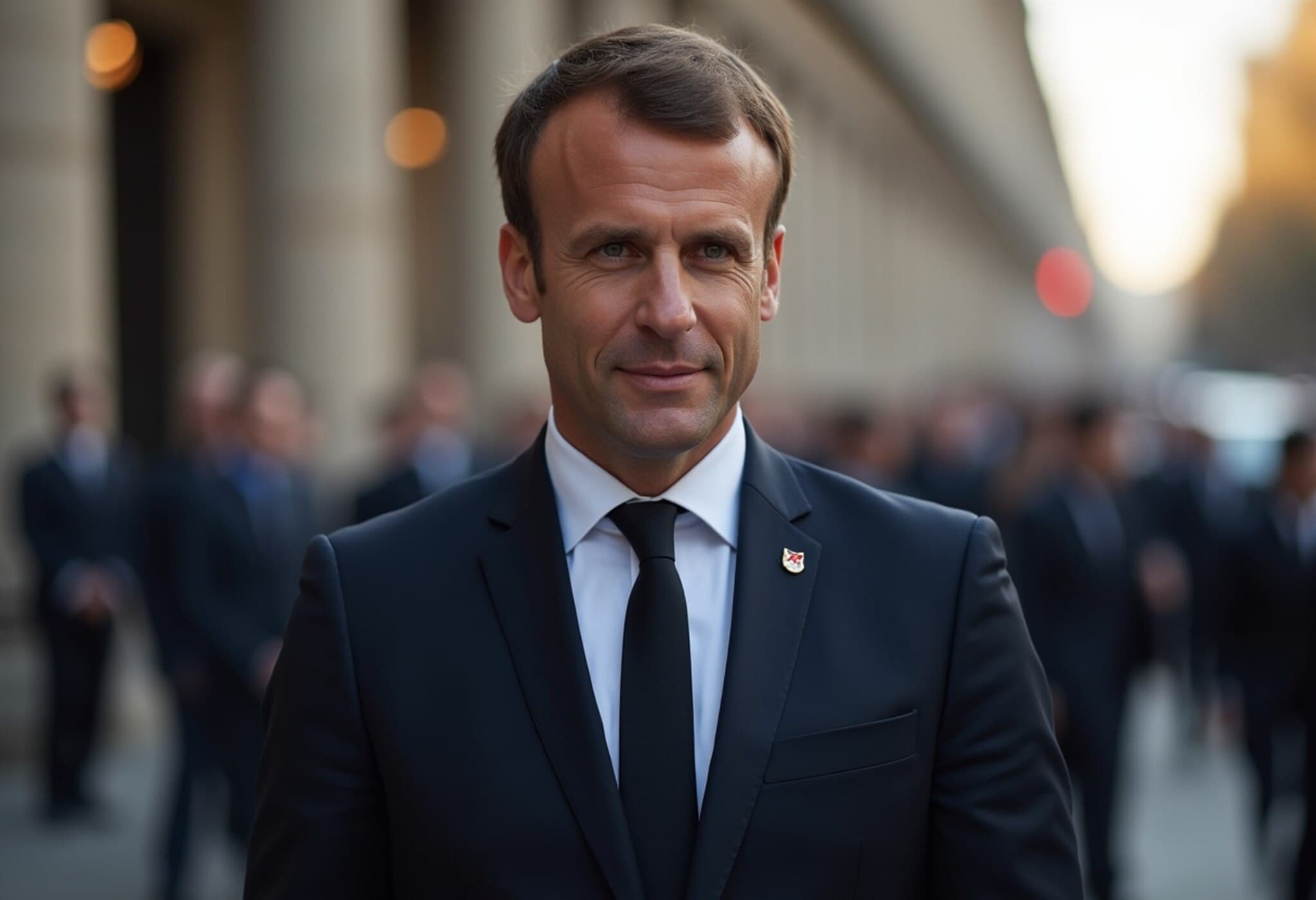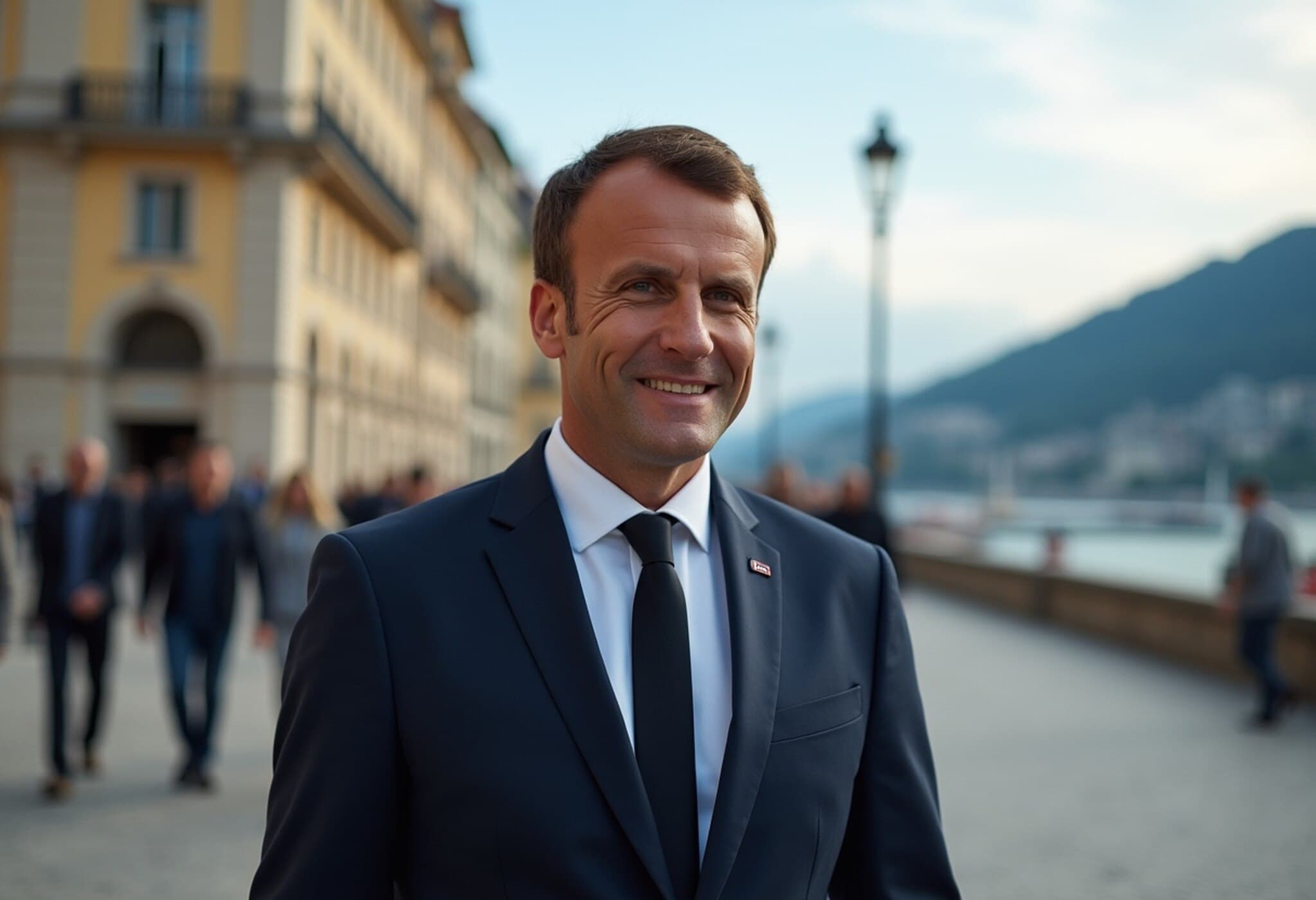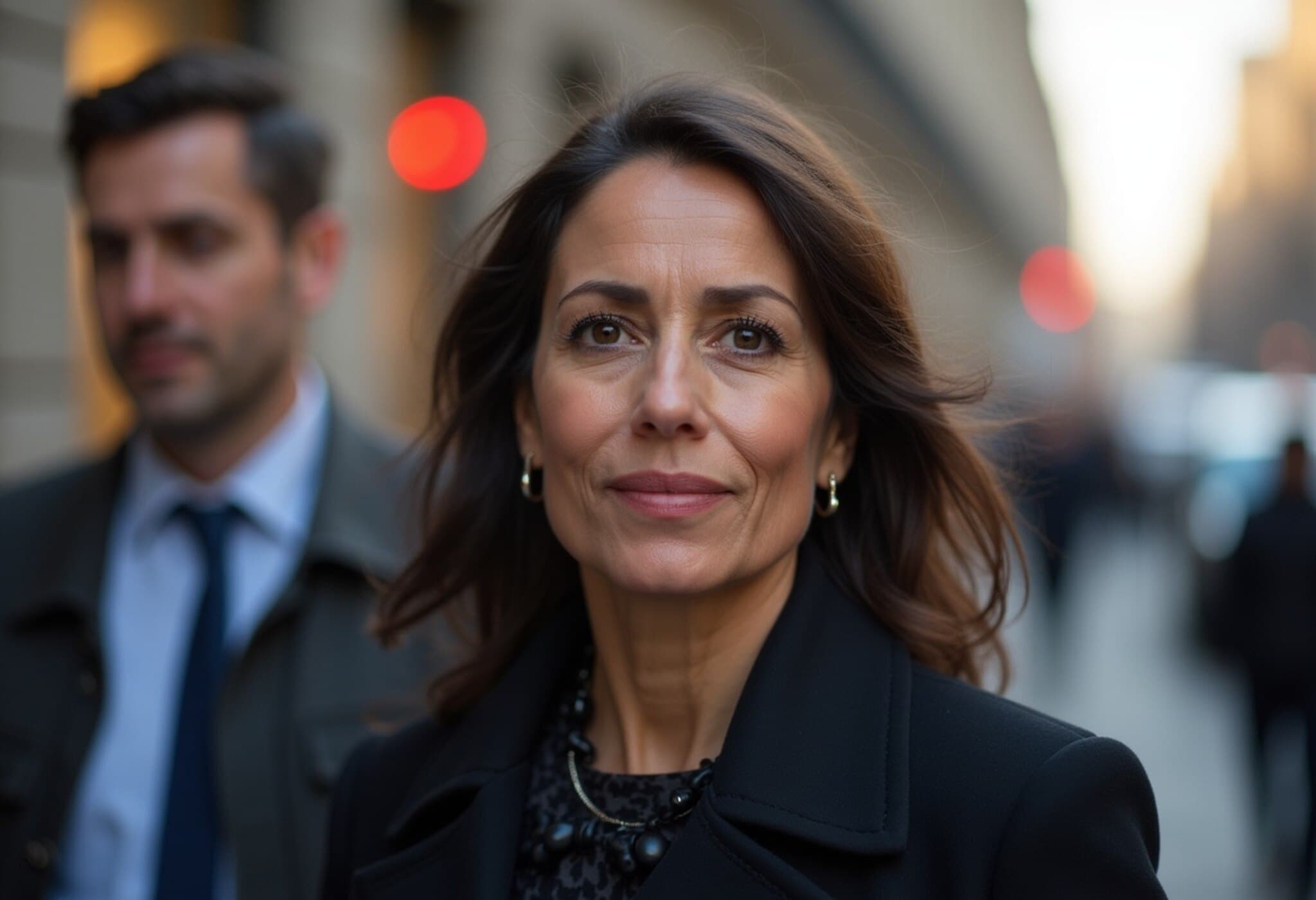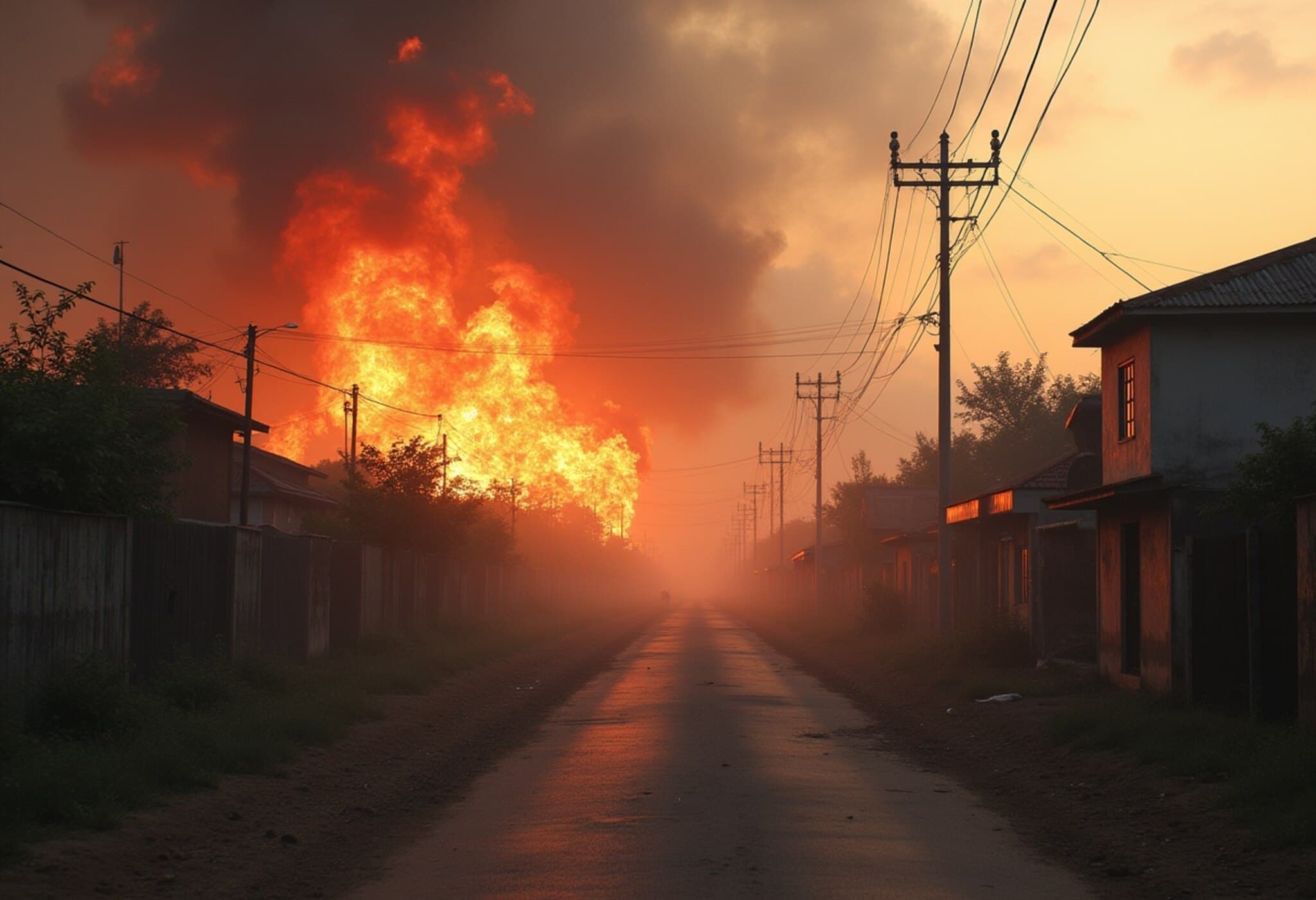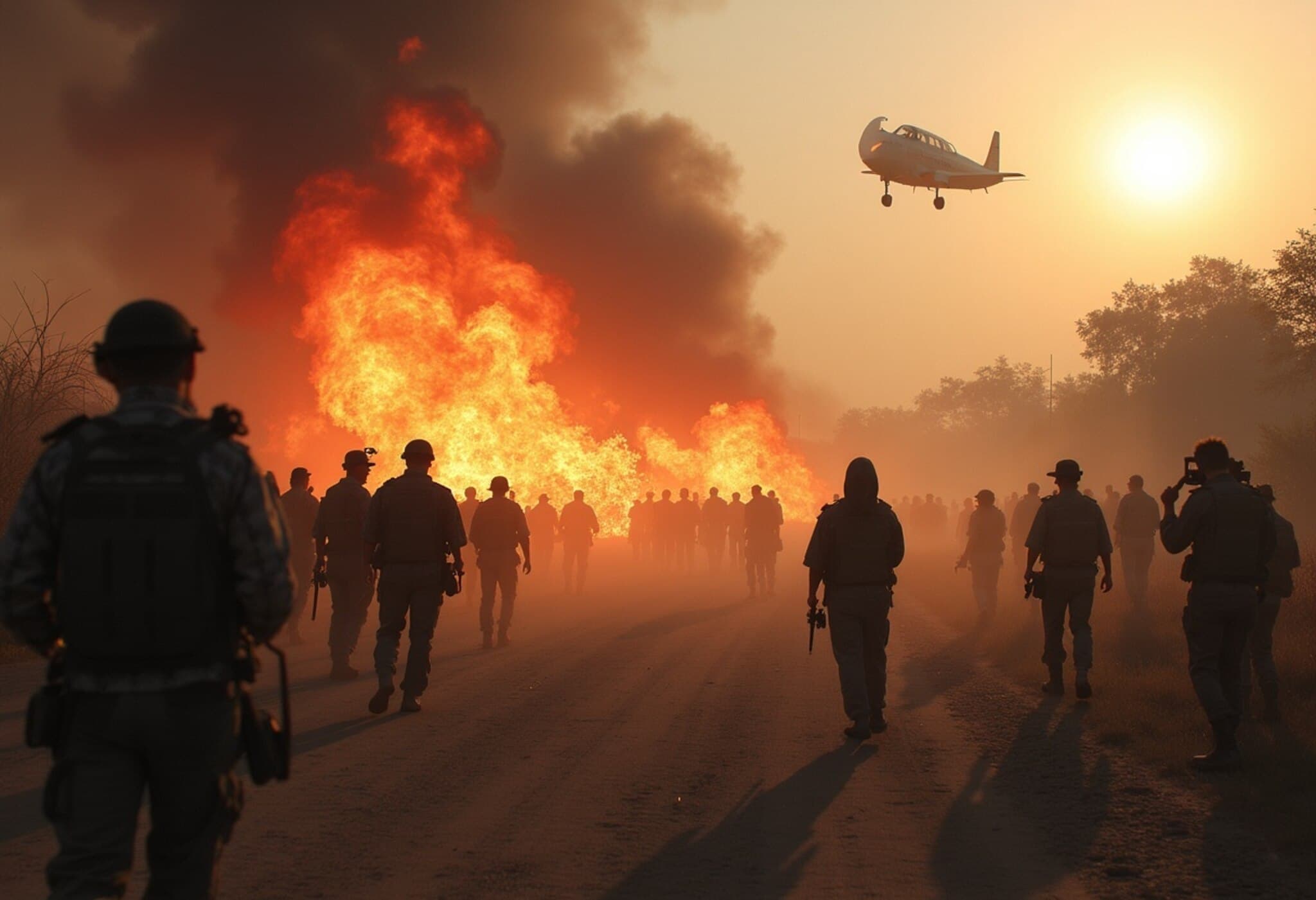France’s Highest Court to Decide on Bashar Assad’s Immunity
In a landmark legal moment that could resonate far beyond the borders of Syria and France, the Cour de Cassation, France’s supreme court, is expected to deliver a ruling that may strip former Syrian President Bashar al-Assad of his cherished head-of-state immunity. This decision concerns brutal allegations of chemical attacks committed under his regime—including the infamous Ghouta attack of 2013 and the Douma assault in 2018.
A Historic Legal Turning Point for Syria and International Justice
If the French court rules to revoke Assad's immunity, it would open the gates to prosecuting him in absentia. Given Assad’s current exile in Russia and his refusal to acknowledge charges linking him directly to these atrocities, this could mark a pivotal precedent for holding sitting or exiled leaders accountable under national and international law.
Mazen Darwish, head of the Syrian Center for Media and Freedom of Expression—one of the organizations instrumental in gathering evidence and pushing for judicial action—declared this potential ruling “a huge victory for victims” worldwide. Not only could this empower Syrians seeking justice but also victims in other conflict zones seeking to challenge tyranny and impunity.
Why This Case Matters Beyond Syria
- Shattering Immunity Norms: International law traditionally shields sitting heads of state from prosecution to maintain diplomatic channels; overturning Assad’s immunity disrupts this longstanding custom.
- A Blueprint for Future Trials: Expert human rights advocates suggest this could embolden courts globally to prosecute leaders implicated in war crimes, even those still wielding power.
- Legal Tools Against Ongoing Crimes: The ruling could catalyze legal probes into regime affiliates involved in crimes like money laundering, expanding accountability beyond Assad himself.
Historical Context: Syria’s Protracted Struggle and Assad’s Legacy
The Assad family has ruled Syria for over half a century, with Bashar succeeding his father Hafez in 2000. The 2011 Arab Spring ignited a furious civil war that ravaged a population of 23 million—resulting in over 500,000 deaths and millions displaced, according to the Syrian Observatory for Human Rights. Sectarian divides were exploited to consolidate control, leaving a fractured nation scarred by violence and repression.
Despite global condemnation, Assad’s regime persisted with lethal force, including the alleged use of chemical weapons such as sarin gas and chlorine in horrifying attacks documented by activists and monitored by international watchdogs. Western powers, notably the United States, threatened military intervention but eventually brokered a deal with Russia to dismantle Syria’s chemical arsenal, allowing Assad to maintain a precarious grip on power.
Expert Insights: Challenging International Legal Norms
Jeanne Sulzer, a French lawyer involved in the case, describes head-of-state immunity as “almost taboo” in international law, designed to facilitate diplomatic interactions but increasingly questioned when weighed against heinous human rights violations. Meanwhile, Mariana Pena, a human rights lawyer at the Open Society Justice Initiative, emphasizes the ruling’s potential ripple effect worldwide, especially when the International Criminal Court has struggled with jurisdictional limits and political complexities.
James Goldston, Executive Director of the Open Society Justice Initiative, highlights that recent global cases—such as those against Augusto Pinochet, Charles Taylor, and Slobodan Milosevic—have set the foundation for eroding immunity in the face of gross atrocities, marking a slow reshaping of accountability in international law.
The Road Ahead: Challenges in Bringing Assad to Justice
Despite the weight of evidence amassed—from eyewitness testimonials, forensic soil analyses, to defectors' accounts laying out a chain of command linking Assad directly to chemical weapons use—practical challenges remain. Assad’s refuge in Russia, a powerful ally unlikely to extradite him, complicates efforts for immediate arrest and trial. Nevertheless, an official arrest warrant issued by France carries significant symbolic and legal weight, potentially restricting Assad's international movements and laying groundwork for future proceedings.
Darwish’s Syrian Center is actively pursuing nearly 30 separate cases involving Assad and regime officials, targeting figures dispersed globally. There is a firm hope among Syrians that justice will eventually prevail, whether through a fair trial within Syria under new governance conditions or through international mechanisms.
A Larger Fight Against Impunity
The ongoing investigations by Syria’s interim authorities into recent violent clashes and their pledge to cooperate with UN bodies reflect a broader, albeit fragile, commitment to addressing decades of unpunished war crimes. Meanwhile, the global chemical weapons watchdog’s calls to secure and dismantle remaining arsenals underscore the pressing need for forward momentum on disarmament and accountability.
Editor’s Note
This impending French court ruling holds extraordinary significance—not only as a potential legal reckoning for Bashar al-Assad but as a beacon for victims worldwide caught in cycles of impunity. It raises critical questions about the balance between diplomatic convention and justice, the limits of international law, and how the global community confronts entrenched authoritarianism. As the world watches, this case may redefine how nations prosecute those accused of war crimes without delay or political shield, signaling a hopeful progression toward ending decades-long cycles of violence and unaccountability in Syria and beyond.

